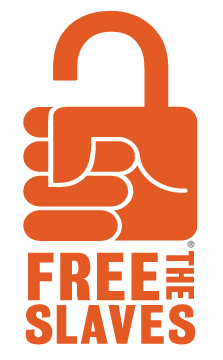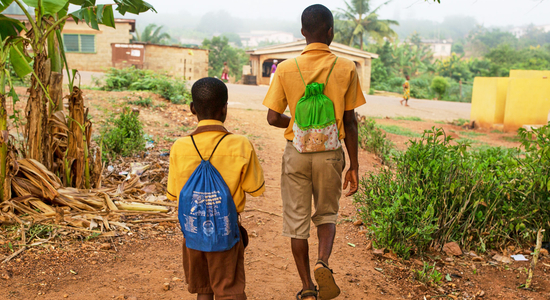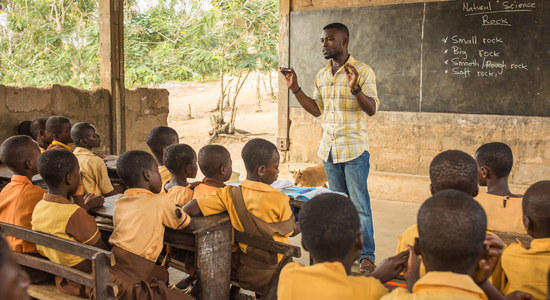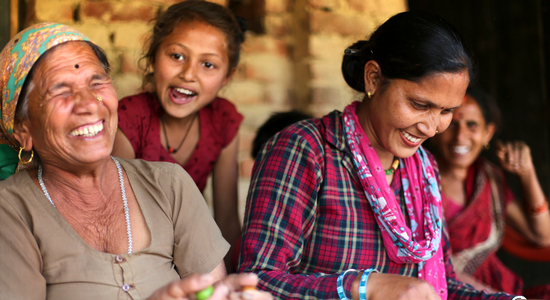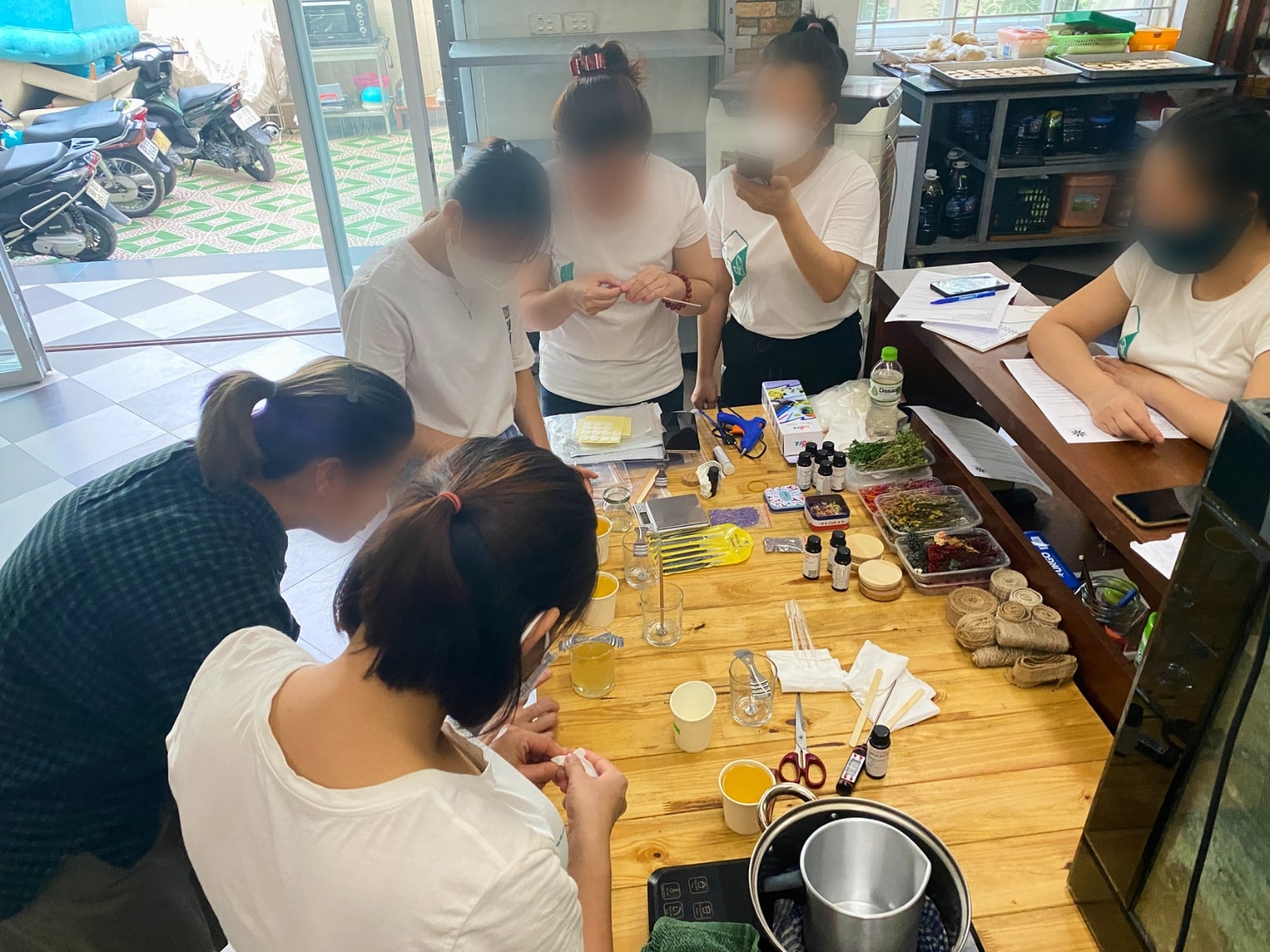Free the Slaves
Thematic Focus Areas
Human Trafficking
Women & Girls
Social Justice
Works to free people from slavery, help them build new lives, and dismantle the systems that allow slavery to flourish.
Give Global Blog
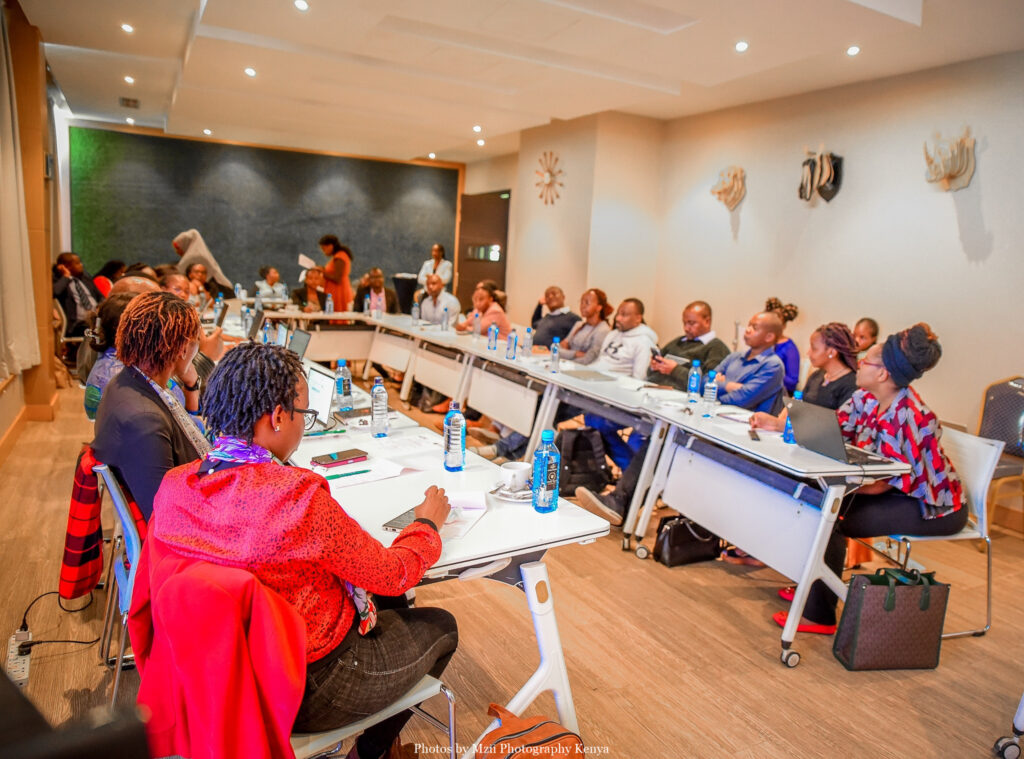
Globally, countries lose trillions of dollars in wealth due to inequality experienced by marginalized groups. Exclusionary policies and beliefs not only lead to missed opportunities, but also perpetuate injustices for millions of underserved people. By focusing efforts on reconciling this, we can empower voices that were left behind, creating a more diverse and innovative workforce. Everyone benefits from the creation of new market opportunities, demand for goods and services, and economic expansion. This in turn generates resilience in the face of other challenges like climate change, and improves quality of life, reducing poverty internationally. Inclusive development can be complex to...
Charity Videos
Charity Impact
Last year Free The Slaves joined HopeBox, an NGO based in Vietnam, to serve survivors of domestic abuse and slavery. While working in the city of Hanoi, Free The Slaves and Hope Box had the privilege of meeting Tina*. This is Tina’s story of overcoming fear and finding freedom with FTS. All the abuse started when her husband accused Tina of seeing another man. This later turned into constant accusations and heated arguments that resulted in physical and sexual abuse. Oftentimes, when she refused to follow her husband’s sexual demands, he became violent toward her. At the height of the pandemic, her husband forced her to work for various employers doing house chores. Her husband would collect the money for every task she finished directly from her employers. After work, she needed to go home right away to serve her husband and learned that she must not set her foot...

